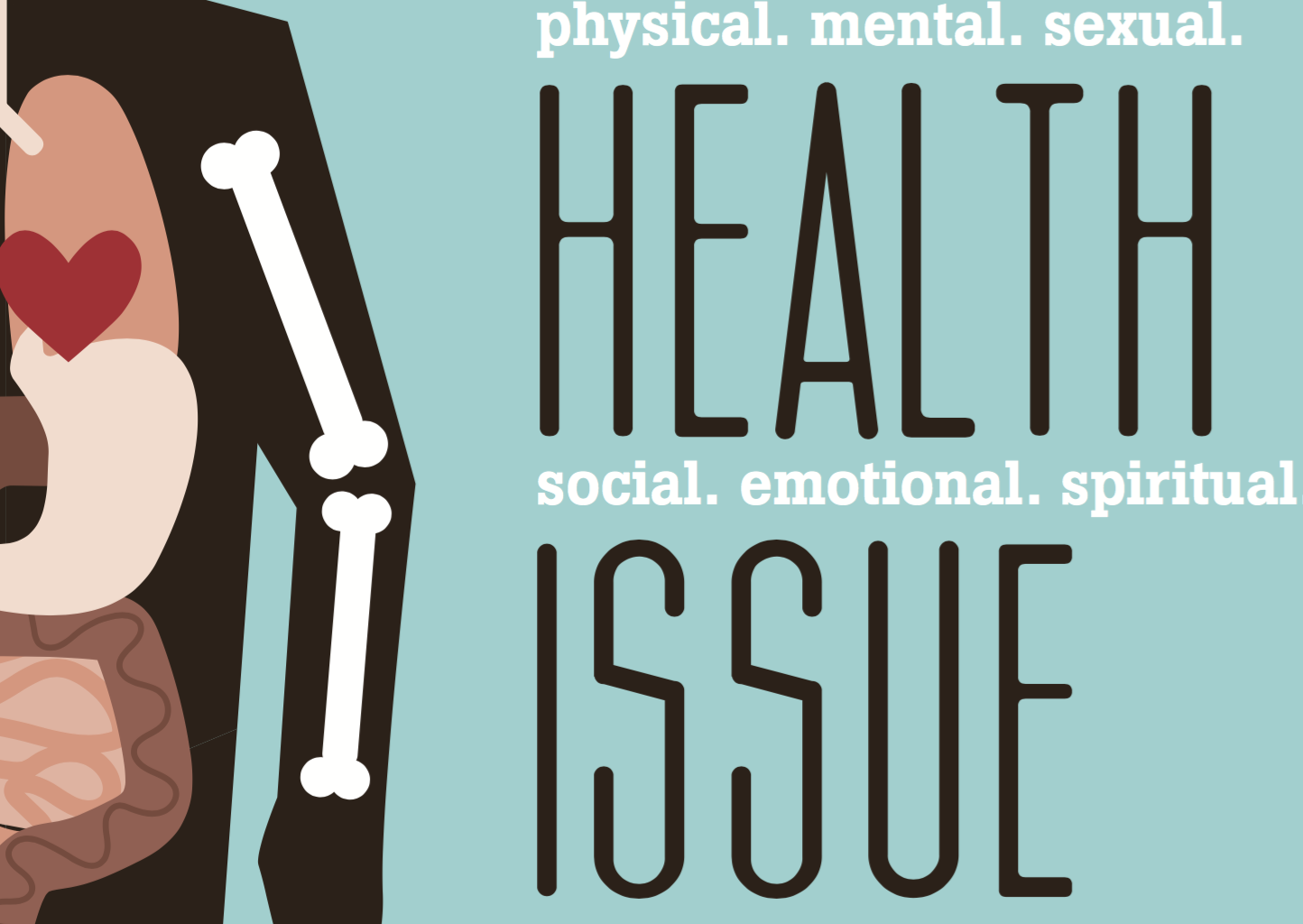Health Beyond the Body
February 27, 2017
I recite a short mantra before eating, whisper blessing words when I’m uncertain and as a female, shave my hair. But when asked if I’m religious, I always say no — these Buddhist practices do not fit the Western monotheistic mold of faith.
This denial always makes me uncomfortable, since Buddhism is such a large part of my life. Even with less time dedicated to it in college, I began more openly discussing my religion. Although I struggle with finding time to copy full sutras every day while balancing my full 18-credit course load and three jobs, I hold the religion I was born into with greater appreciation and respect every day.
LS sophomore Lois Evans, who identifies as a nondenominational Christian, feels a similar way. She said that her perspective on religion has changed immensely since entering college, and before, she identified as “spiritually passive” — only religious enough to go to church.
“I went through the motions, because I was used to it, my family did it and I didn’t expect that to change much,” Evans said. “Then I had a really rough summer, went through a lot of emotional issues and really relied on religion to help me out of it. That’s when I became more invested in my spirituality, and I’m glad I did.”
For Evans, college was was the first time her religion and ideas about religion were challenged, and she said that these external influences helped ground her own beliefs. Evans began making her own decisions about God and how she practiced her faith.
However, GLS sophomore Shashank Rao said that how he views his religion — the Shaivite Sankethi tradition of Hinduism — since starting college has not changed significantly and has only deepened.
“Religion has helped me think about how I want to pursue my personal goals and to what end I do so,” Rao said. “Religion has allowed me to feel less depressed and helpless with my life and put my anxieties to rest — to some extent.”
Rao is strongly influenced by the mystic elements of Sufism and philosophy of Buddhism, and he said that while he works in the Hindu Center at NYU and mainly studies Hindu texts, he is now more open to various sources of spiritual knowledge due to the intellectual diversity at NYU.
Similarly to Evans, Rao said that the new setting of college helped him escape the parochial ways of thinking about religion — the various classes he took helped him learn more about different religions — and he believes that it gave him a more complete understanding of beliefs and people.
I’ve seen that impact as well. Although I no longer feel bound by the word religion, I am gaining so much more knowledge about different beliefs and the additional learning I must do — figuring out the differences between which faiths believe in what deities, the respective veils of different religions but most importantly, my own beliefs.
Starting discussions with people of various religions, especially while in college, makes me more grateful that Buddhism keeps me grounded.
And Evans found a similar perspective as she discovered more aspects of her religion. While there are certain practices she does not agree with, she knows religion is a personal process.
“I’m still figuring out the changes, making sense of them, understanding that my theology isn’t the same as my parents’ anymore and that there isn’t anything inherently wrong about that, because I have to be an adult and think for myself,” Evans said. “It sucks sometimes, and sometimes it doesn’t. Which is an oversimplified way of saying that it’s weird to feel like an outsider and insider in a place you’ve always considered safe.”
But still, Evans said that religion is so deeply ingrained in her identity that she does not want to separate herself from it. She said it’s who she is — complicated and messy — and to her, it is wonderful.
A version of this article appeared in the Monday, Feb. 27 print edition. Email Diamond Naga Siu at [email protected].

